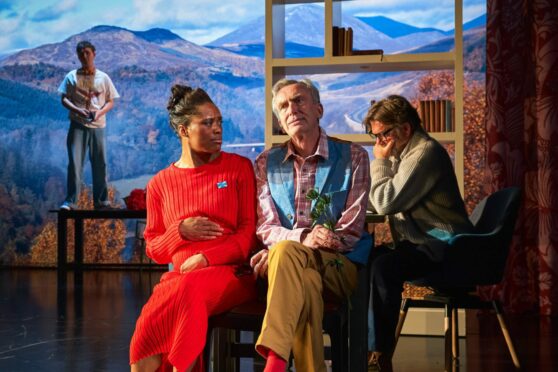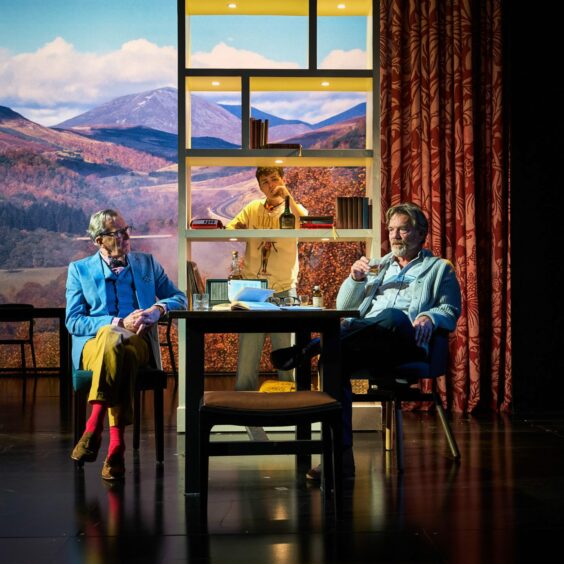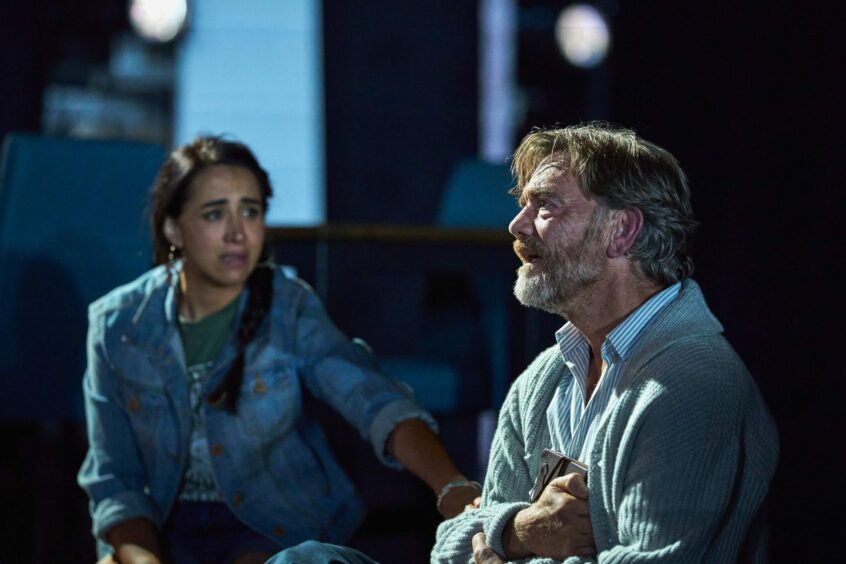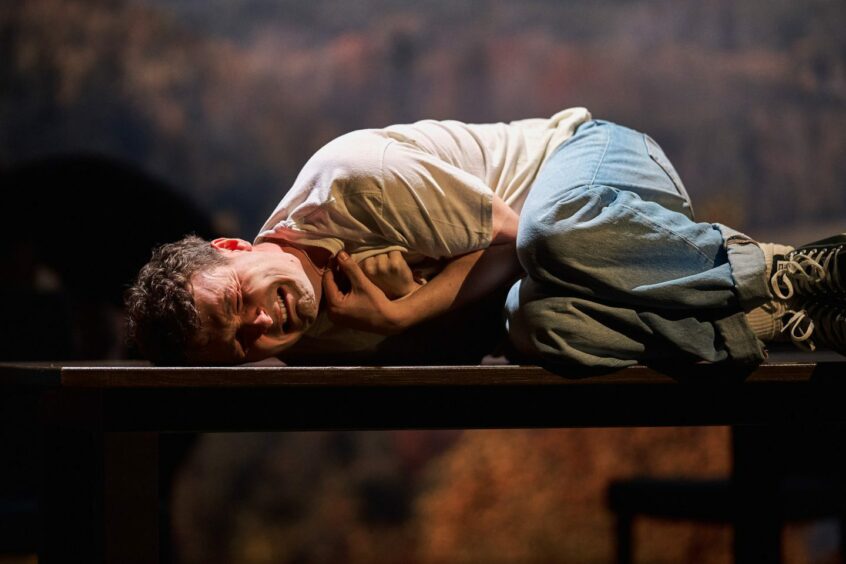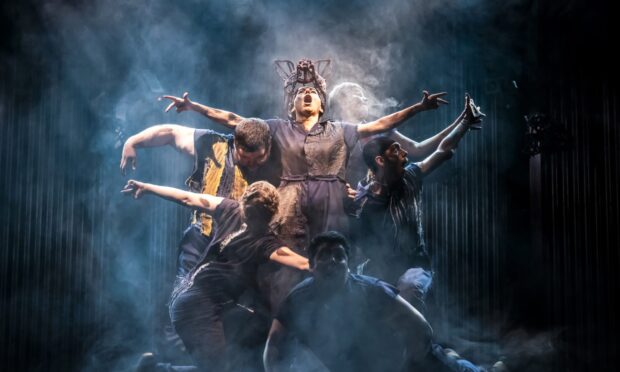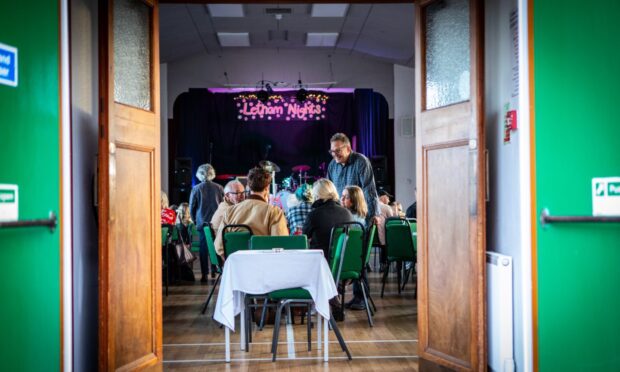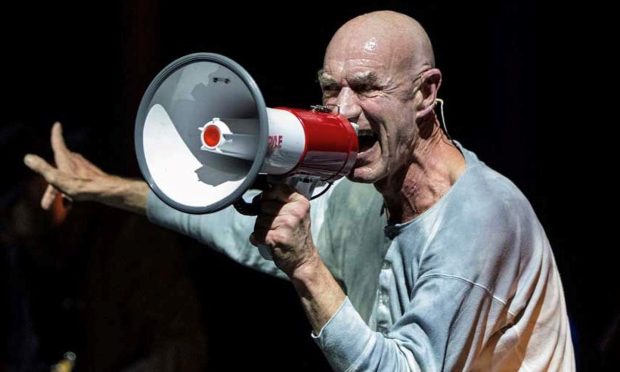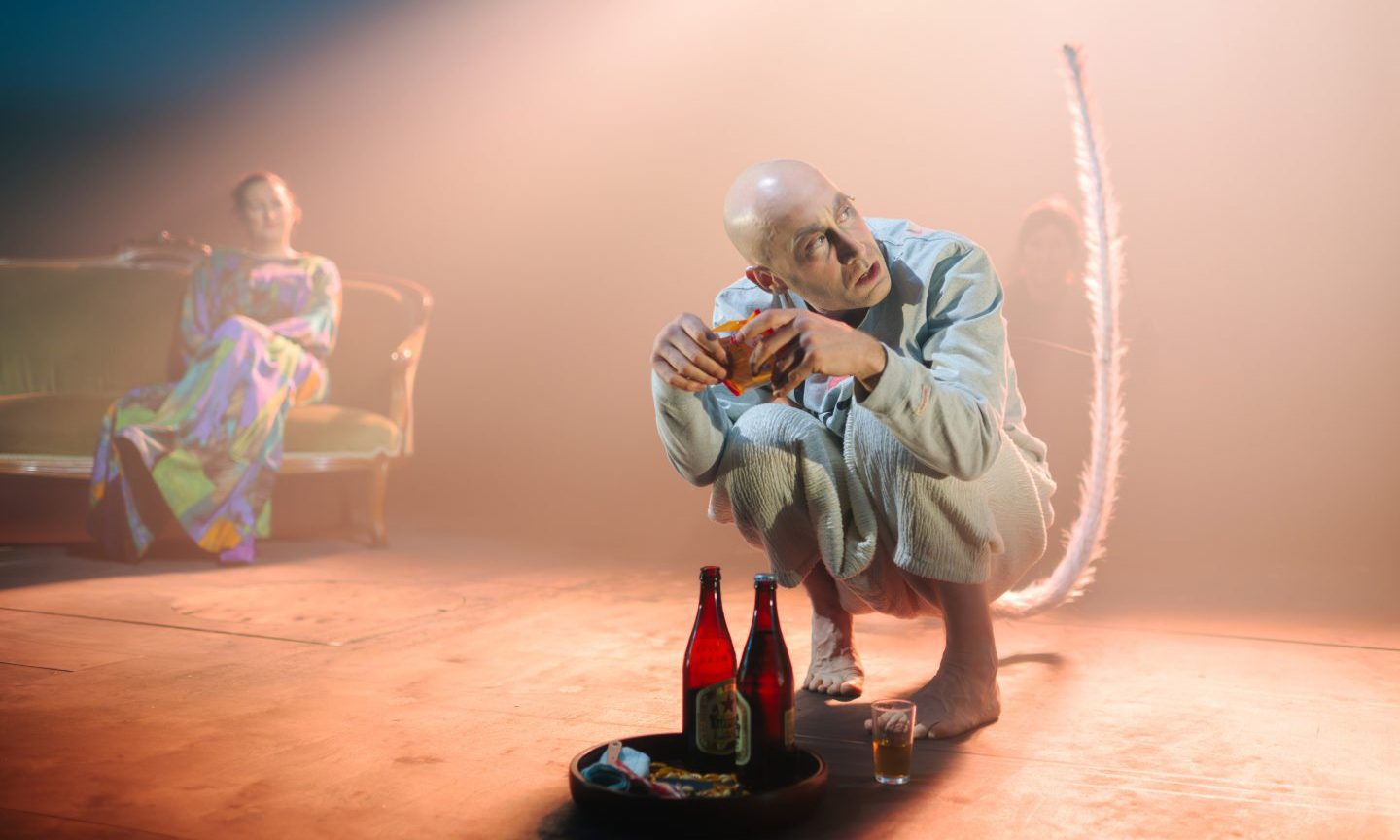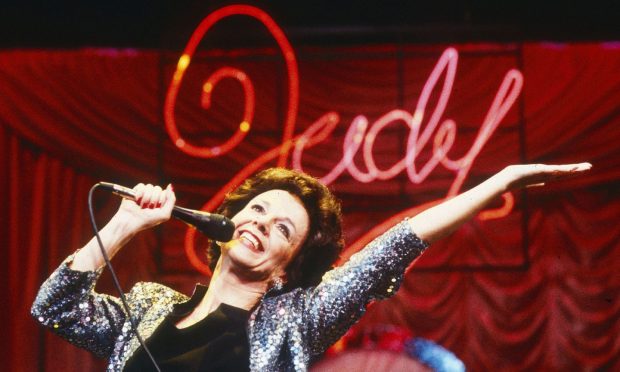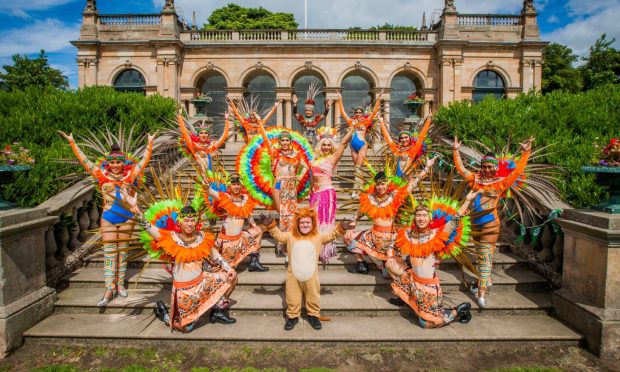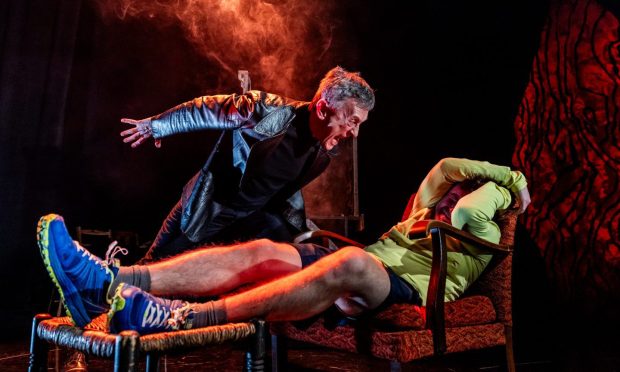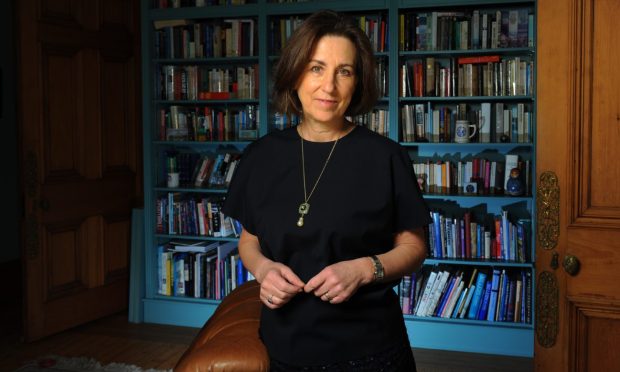“Throwing your script into a room full of actors is like throwing Christians to the lions,” says Peter Arnott, one of Scotland’s finest living playwrights, who is premiering his new play Group Portrait in a Summer Landscape at Pitlochry Festival Theatre this week.
A co-production with the Royal Lyceum in Edinburgh, it’s directed by that theatre’s artistic director, David Greig – another of Scotland’s greatest living playwrights.
“The politics and the reality of those people and their lives is going to come into the show,” says Arnott, returning to thoughts of the rehearsal room. “That’s just the way it is, and it’s part of the joy and terror of it all.”
The play is set in Perthshire, and PFT is the perfect co-producing partner. In fact, says Arnott, many of the audience who come to PFT might see themselves in the play.
“People who come to Perthshire for their holidays or weekends off, who have a house in the hills,” he says.
“John Michie is the paterfamilias figure, a university professor named George Rennie, so part of a very solid, educated, middle-class, left wing-ish group of people.
“He brings his family and former students together for a reason he’s vague about, and he reveals… I’m not going to tell you, because it’s a spoiler. Basically, he has plans for what’s going to happen, and it all goes horribly wrong.”
Sally Reid and Benny Young among cast
Alongside Michie, a first-rate cast includes Sally Reid and Benny Young, and from Pitlochry’s summer ensemble, six actors including Nalini Chetty, Matthew Trevannion and Deirdre Davis.
As with the rest of Arnott’s plays, it promises to tell a very human story while also saying a whole lot more about where we find ourselves socially and politically.
“It’s about things coming to an end, or feeling they’re coming to an end, in the sense of the version of Scotland and the version of the world we’ve had since the Second World War,” he says.
“The leading characters were born in the 1940s, ‘50s and ‘60s, and they grew up with a version of the world where things were always getting better, even if they were tough.
“That optimism came grinding to a halt at the end of the Cold War, and now we’re all haunted by climate change and – even though they aren’t in the play – the pandemic, Brexit and Trump.
“For the first time in a long time the next generation, people in their twenties -which includes my kids – don’t have the expectation their lives are going to be better than their parents’.”
These elements don’t come into play because the piece is set in 2014, in the build-up to the Scottish independence referendum. It’s not about that event, but it’s one element which feeds into the bigger picture painted by Arnott.
Arnott is a ‘Twitter Yesser’
He describes himself as “a Twitter Yesser”, then and now, but he explains that distance from the moment only shows greater complexity.
“In our own wee northern corner of Europe, we asked ourselves a binary Yes/No question in a much more complex analogue universe,” he says.
“My feeling is that people on both sides of the argument felt trapped by that. Say yes to what exactly? Say no, go away, stop talking about it? Every character in the play is faced with this yes or no, and it struck me as a really interesting metaphor.
“Do you say yes to the universe, and take a leap in the dark, or are you no thanks, don’t rock the boat? To someone of Rennie’s generation, and my generation to some degree, it’s somebody else’s problem now. That’s the end of an era, in a great big historical and cultural sense.
“Yet if some of the audience find all this politics appalling and boring, which I understand as well, there’s plenty of other stuff going on here for them to look at.
“Sexual politics, family dynamics, generational dynamics… It’s two-hours in the life of this family in this country, and this country in the world, and in that slice of time, there are all kinds of riches for an audience.”
Group Portrait in a Summer Landscape is at Pitlochry Festival Theatre, until Thursday 28th September. www.pitlochryfestivaltheatre.com
